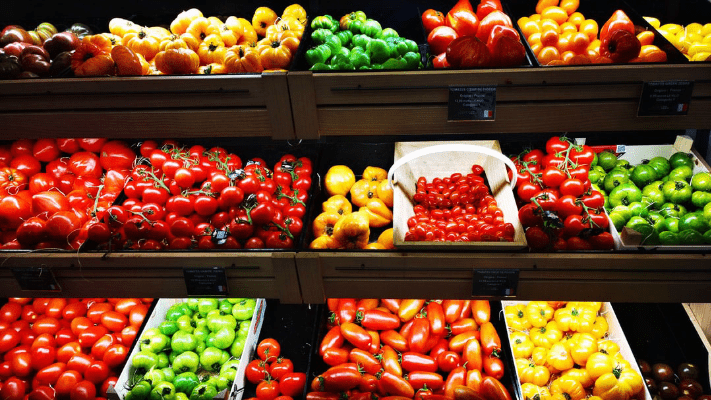On April 10, the Los Angeles County Health Department extended stay-at-home orders until at least May 15, leaving many Californians wondering whether their routines will ever get back to normal. Of course, one of the few reasons residents are allowed to leave their homes is to go grocery shopping. But this essential activity comes with considerable stress, with stores limiting the number of shoppers and the shortages of certain products leaving many consumers with no choice but to go without.
Still, the fear of infection in a public place like your local supermarket is likely the biggest source of stress. Fortunately, there are a number of ways to make the grocery shopping experience a bit less harrowing — at least, in terms of lowering your risk of coronavirus infection. Here are a few tips that Los Angelenos will want to keep in mind for the next time they venture out to run essential errands.
Consider the Timing
While many people are still working regular hours (either from home or their regular workplace), there are a number of residents who now have a bit more flexibility in their schedules. If you’re able to do so, try going to the grocery store during periods that tend to be a bit less busy. While this depends largely on the area and on the store itself, weekday mornings seem to be a good bet. Weekends are usually a bit busier, while the dinner-time rush should be avoided if possible. Not only will you have a less stressful shopping experience, but you’ll be more likely to find what you really need. If you’re a senior and your grocery store offers extra hours for those who are older or otherwise vulnerable, you should try to take advantage of this feature.
BYO Protective Gear
Although masks and gloves have been hard to come by, you should equip yourself with what you have when going to the store. LA residents are now required or strongly encouraged to wear masks when going outside of their homes, but you can make your own (with no sewing required) or support small businesses that are selling them online. If you have protective gloves, be sure to wear those too. Replace them immediately after your trip and avoid touching your face with them on. If you don’t have latex gloves, bring hand sanitizer and disinfecting wipes along for the ride. Although you don’t need to wipe down the products you put into your cart, you should wipe down your cart before beginning your shopping.
Practice Social Distancing
One of the most important aspects of staying safe while shopping is to stay as far as you can away from others. That can be easier said than done when aisles are narrow and stores are crowded. But staying at least six feet away from other shoppers and store employees is the least you can do to reduce your risk of infection or transmission. Give others the room to do their shopping, too; in other words, don’t pass by close to others or be too impatient to grab your items if it means being right next to other people. Be sure to follow all posted regulations from the store itself and to touch as few items as possible during your trip.
Wash Hands and Bags Upon Returning
Many consumers are understandably worried about what to do once they arrive home with their purchases. Before putting away any of your groceries, you must wash your hands thoroughly. This is actually far more important than anything you might do to the packaged products you’ve bought. You really don’t need to wipe down every container, nor do you need to keep groceries in the car or on the front porch. Although COVID-19 can live on surfaces for up to a few days, the chance of transmitting the virus in this particular way is pretty low. You should, of course, wash fresh produce as directed.
You’ll also want to wash your reusable bags after use. Although the development of synthetic polymers became more prevalent after 1940, single use plastic bags have been outlawed in many states for the environmental harm they can cause. That said, some stores are now offering plastic or paper bags that may be less likely to spread germs. Paper bags can be recycled or can be kept outdoors for a few days before reusing. If you’re going to be relying on your reusable bags, they need to be laundered or wiped down with a disinfectant after each trip.
Although times are uncertain and many people across the country feel afraid, you don’t need to let anxiety ruin your one grocery outing. With these tips in mind, you can feel confident in your abilities to stop the spread while obtaining essential items in Los Angeles and the surrounding area.








